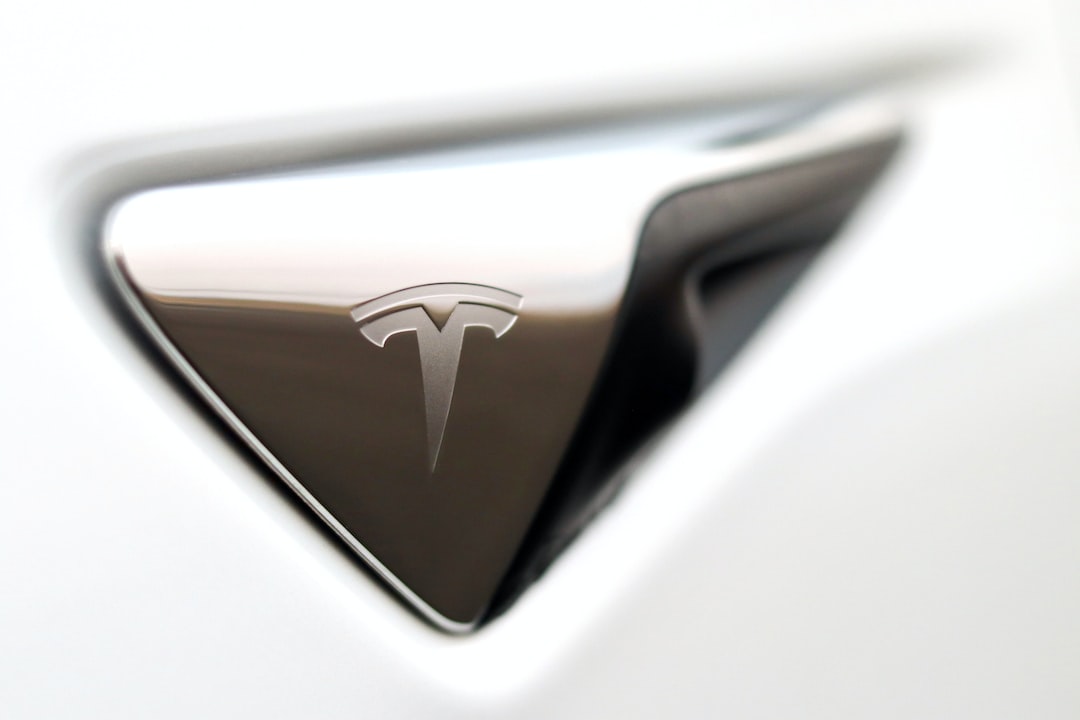The global automobile industry is undergoing a remarkable transformation as electric vehicles (EVs) are rapidly gaining traction. In this ever-evolving landscape, Tesla has emerged as a major player, challenging legacy automakers head-on. The intense competition begs the question: Who will ultimately win the electric vehicle race?
Tesla, known for its groundbreaking technology and trailblazing approach, single-handedly revolutionized the EV industry. By introducing luxury electric vehicles with exceptional range and cutting-edge features, Tesla swiftly captured the imagination of consumers worldwide. With its flagship Model S, followed by the more affordable Model 3, Tesla proved that electric cars can deliver both style and substance.
In contrast, legacy automakers had been slow to embrace EVs, but they have now realized the importance of catching up. Established companies such as General Motors, Ford, and Volkswagen are allocating significant resources towards electric vehicle development. They have set ambitious goals for future electric offerings and are heavily investing in battery technology to match Tesla’s long-range capabilities.
However, Tesla’s strong brand recognition and loyal customer base give it a significant advantage. Over years of dominating the market, Tesla has cultivated a dynamic and innovative image, positioning itself as the premier brand for EV enthusiasts. The company’s Supercharger network, which enables faster charging and longer trips, further solidifies its lead in the race. Legacy automakers must find unique selling points and convince consumers that their products are superior to Tesla’s.
Another crucial aspect of the EV race is manufacturing capacity. Tesla has proven its expertise in scaling production, particularly with the opening of its Gigafactories. These state-of-the-art facilities can churn out thousands of EVs per week, facilitating mass adoption. In comparison, legacy automakers face the challenge of transitioning their existing manufacturing infrastructure to accommodate electric vehicles, which could potentially slow their progress.
Furthermore, Tesla’s continuous pursuit of technological innovation sets it apart from its rivals. The company’s Autopilot self-driving technology and Full Self-Driving (FSD) capabilities are industry-leading and promise to reshape transportation in the coming years. Tesla’s commitment to pushing boundaries and constantly improving its offering will make it difficult for legacy automakers to catch up.
Despite the significant lead Tesla currently enjoys, legacy automakers have the resources, infrastructure, and experience to give the electric vehicle race a competitive edge. As more companies make substantial investments in EV technology, the market will witness an influx of compelling options, challenging Tesla’s position.
Ultimately, the winner of the electric vehicle race will be determined by consumer preference. While Tesla has established itself as the frontrunner, the market is evolving rapidly. Legacy automakers have recognized the importance of electric vehicles and are investing heavily to become formidable competitors. The future of the EV industry will undoubtedly be shaped by innovation and consumer demand, making this race one of the most exciting battles in the automotive world.
For more information visit:
teslanews.com
https://www.teslanews.com/
Get the latest news about Tesla, EV, Robots, AI, Elon Musk

